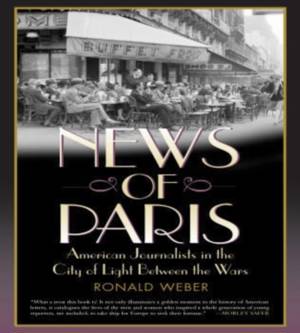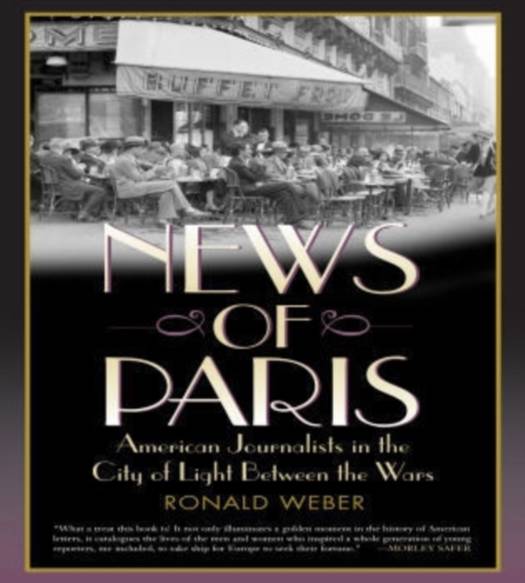
Je cadeautjes zeker op tijd in huis hebben voor de feestdagen? Kom langs in onze winkels en vind het perfecte geschenk!
- Afhalen na 1 uur in een winkel met voorraad
- Gratis thuislevering in België vanaf € 30
- Ruim aanbod met 7 miljoen producten
Je cadeautjes zeker op tijd in huis hebben voor de feestdagen? Kom langs in onze winkels en vind het perfecte geschenk!
- Afhalen na 1 uur in een winkel met voorraad
- Gratis thuislevering in België vanaf € 30
- Ruim aanbod met 7 miljoen producten
Zoeken
€ 18,45
+ 36 punten
Uitvoering
Omschrijving
Aims to recaptures the world of Paris-American journalists during the period in the 1920s and 1930s by concentrating on the lives of such figures as Ernest Hemingway, James Thurber, and Henry Miller, and on the life of the newspapers, including the "Herald" and the "Tribune".
Specificaties
Betrokkenen
- Auteur(s):
- Uitgeverij:
Inhoud
- Aantal bladzijden:
- 352
Eigenschappen
- Productcode (EAN):
- 9781566637329
- Verschijningsdatum:
- 13/05/2007
- Uitvoering:
- Paperback
- Afmetingen:
- 220 mm x 145 mm
- Gewicht:
- 502 g

Alleen bij Standaard Boekhandel
+ 36 punten op je klantenkaart van Standaard Boekhandel
Beoordelingen
We publiceren alleen reviews die voldoen aan de voorwaarden voor reviews. Bekijk onze voorwaarden voor reviews.









